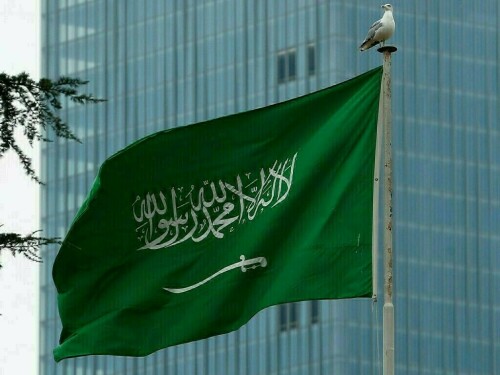Saudi PIF Anticipates $1.25 Billion from Sukuk Sale
Saudi Arabia’s Public Investment Fund (PIF), the kingdom’s sovereign wealth entity, is projected to generate $1.25 billion through the sale of seven-year Islamic bonds (sukuk) denominated in U.S. dollars, according to documentation from a managing bank on Wednesday.
The pricing for the debt instrument has been established at 110 basis points above U.S. Treasury bonds, a reduction from the initial guidance of 145 bps over the same benchmark. Orders for the sukuk have surpassed $9 billion, the primary bank’s documentation revealed.
This marks the second instance this year that the sovereign wealth fund has accessed bond investors, as it persists in allocating substantial capital to an ambitious initiative aimed at diminishing the nation’s reliance on petroleum.
With its financial stability closely tied to oil revenues, Saudi Arabia is experiencing increasing demands to either accrue more debt or curtail expenditures following a sharp decline in crude values, thereby presenting challenges to the execution of a comprehensive strategy to broaden its economic base.
The International Monetary Fund (IMF) and various economists suggest that Riyadh requires oil prices to exceed $90 per barrel to achieve fiscal equilibrium. As of approximately 1300 GMT, benchmark Brent crude was trading at $63.48 per barrel.
Additional Investment Initiatives
- Saudi Arabian fund intends to allocate $100 million in Malaysia’s AirAsia.
Further complicating matters, Crown Prince Mohammed bin Salman, who also presides over the PIF, has committed to facilitating $600 billion in commerce and investments with the United States over the ensuing four years. Former U.S. President Donald Trump previously requested that Saudi Arabia inject $1 trillion into the U.S. economy.
The PIF last engaged with debt markets in January, securing $4 billion through a two-part transaction.
Reports circulated last week indicating that Gulf-based issuers, including Saudi Arabia’s $925 billion sovereign wealth fund, were formulating strategies for a succession of bond issuances, despite market instabilities triggered by tariff policies.



Comments (0)
No comments yet. Be the first to comment!
Leave a Comment